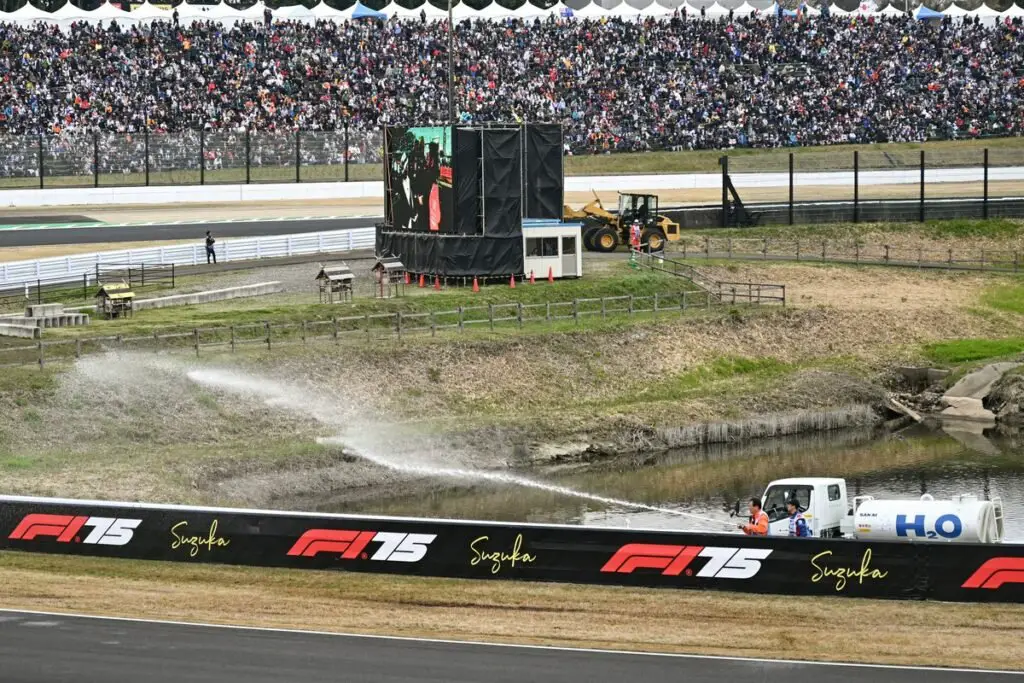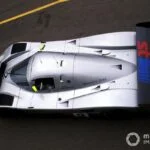Addressing Competitive Imbalances in Formula 1’s 2026 Engine Regulations
The latest meeting of the F1 Commission, held in Geneva, focused on refining the 2026 engine regulations. These discussions were prompted by concerns that the new rules could significantly widen the grid when implemented next season, much like the scenario seen in 2014 when Mercedes gained a significant advantage over their competitors, leaving some manufacturers struggling to catch up for years.
Proposed Catch-Up Mechanisms for Struggling Manufacturers
Unlike previous seasons, the 2026 engine programs will be subject to a budget cap. This makes it even more challenging for those lagging behind to catch up, hence the need for catch-up mechanisms was discussed at the meeting. According to Motorsport.com, teams have reached a basic understanding that manufacturers who fall behind could be granted additional dyno hours and extra engine budget cap headroom. The power unit’s performance, not the team’s overall performance, will determine if a manufacturer is behind.
Another point of discussion was a proposal to drastically reduce the electric component of next year’s power units. This aim is to prevent scenarios where cars would need to slow down significantly due to depleted battery charge on certain tracks. However, this proposal has sparked divided opinions among teams.
Reducing Grass Fire Risks in Formula 1 Races
The FIA also addressed the issue of grass fires that disrupted the Japanese Grand Prix weekend last year. Practice and qualifying sessions were halted multiple times due to sparks from the cars igniting the grass lining the Suzuka circuit. The FIA has agreed to investigate two potential solutions: switching to an alternative skid material (steel) and treating some circuits to prevent grass fires.
Other matters discussed included amendments required to implement mandatory two-stop strategies at the Monaco Grand Prix, as well as a necessary tweak to the capital expenditure allowance for new entrants, ahead of Cadillac joining next year. The FIA remains committed to ensuring safety and fair competition in Formula 1.







